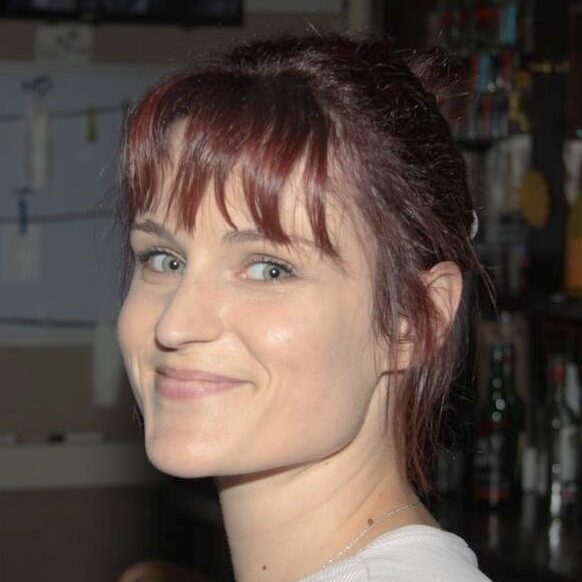Understanding Play Therapy
R450.00

Workshop Overview
Play therapy offers a way for children and adults to process difficult emotions and learn valuable coping skills, just like you would in traditional psychotherapy.
The Understanding Play Therapy workshop will equip participants with practical knowledge of play therapy, specifically the historical background, developmental psychology and theoretical underpinnings of play therapy.
Key theoretical foundations that will be explored include Attachment Theory, Psychodynamic Theory, Child-Centred approaches based on Axline’s principles, Gestalt theory, Cognitive Behavioural Play Therapy (CBPT) and developmental theories from Erikson and Piaget.
Explore the practical application of therapeutic techniques and tools and learn how to apply basic play therapy techniques.
The workshop will help participants gain insight into ethical and cultural considerations for application, such as obtaining consent, working with parents, ensuring cultural sensitivity and how to deliver safe, inclusive, and developmentally appropriate interventions.
FAQs
What are the entry requirements?
Anyone 18 years of age or older can sign up for this online workshop. There are no academic entry requirements or conditions.
Who is this workshop for?
This workshop is for you if you want to understand play therapy, its history, application and tools for practical use.
What is the time commitment?
A total of 4 hours is required to complete the workshop.
What do you need to do the workshop?
- Access to Microsoft Word
- Google Chrome (recommended)
- Stable internet connection
Is the workshop assessed?
Learners are required to complete an assessment comprising of reading a journal article and answering a 15-question multiple choice questionnaire.
Is the workshop accredited?
The online workshop is accredited by the Health Professions Council of South Africa (HPCSA).
What is play therapy?
Play is the default way that children express themselves. As their brains and emotional capacities are still developing, they can find it difficult to verbalise feelings and make sense of difficult experiences and situations. Play offers many opportunities for free and spontaneous self-expression and play therapy can be used to address social, emotional, and behavioural difficulties. Read more here.
What can you do after completing this workshop?
HPCSA registered professionals will receive 3 CPD points [3 CEU Continuing Education Units points] upon successful completion of the workshop.
Course highlights

-
Learn about the historical development of play therapy
-
Explore the purpose and benefits of play therapy
-
Discover various types of play therapy approaches and techniques
Dates and Registration
Class of 2025: on demand
Participants can register at any time and move through the workshop content. Watch the live workshop recording and complete the online journal articles and multiple-choice questionnaire.
NOTE: HPCSA registered professionals who want to claim 3 CPD points [3 CEU Continuing Education Units points] need to complete the online assessment within 5 days after registering.
Learner Experience
Certification
This CPD workshop has been designed for psychologists, mental health practitioners and anyone interested in gaining knowledge in play therapy and developmental psychology.

The certificate serves as evidence of your new skills and knowledge and can be used to demonstrate your commitment to professional development.
Attend a live online session, or watch the recording, and complete an online reading and assessment.
HPCSA registered professionals will receive 3 CPD points [3 CEU Continuing Education Units points] upon successful completion of the workshop.
Workshop Overview
- Introduction of the workshop topic and session overview
- Definition and purpose of play therapy
- Historical background
- Types of play therapy
- Attachment theory
- Psychodynamic theory
- Child-centred theory – Axlines principles
- Gestalt theory
- CBPT- Cognitive Behavioural play therapy
- Erik Erikson’s psychosocial stages
- Piaget’s cognitive developmental model
- Developmental psychology
- How to use toys in sessions
- Setting up a play therapy room
- Techniques puppets
- Case vignette
- Consent and confidentiality with minors
- Working with parents- psychoeducation and involvement
- Cultural sensitivity in play themes and materials
Learning Outcomes
By the end of the workshop participants will be able to:
- Understand the different types of play therapy
- Identify key theoretical underpinnings
- Explore developmental considerations
- Describe common tools and techniques used in play therapy
- Apply basic play therapy techniques to cases
- Recognise ethical and cultural considerations when working with children
Workshop Presenter

Sameeha Elias is a Counselling Psychologist based in Cape Town, South Africa and has extensive experience working with children, adolescents and adults. She has a special interest in child psychotherapy and neurodiversity-affirming therapy.
Sameeha is a guest lecturer in the MA Clinical Programme at Stellenbosch University, and she supervises honours psychology students’ research at SACAP.
The Team
The SACAP Global team brings a wealth of knowledge and practical experience across various disciplines. Our expert short course developers and dedicated support team are passionate about sharing their insights to help you get the most out of your online learning journey.


























